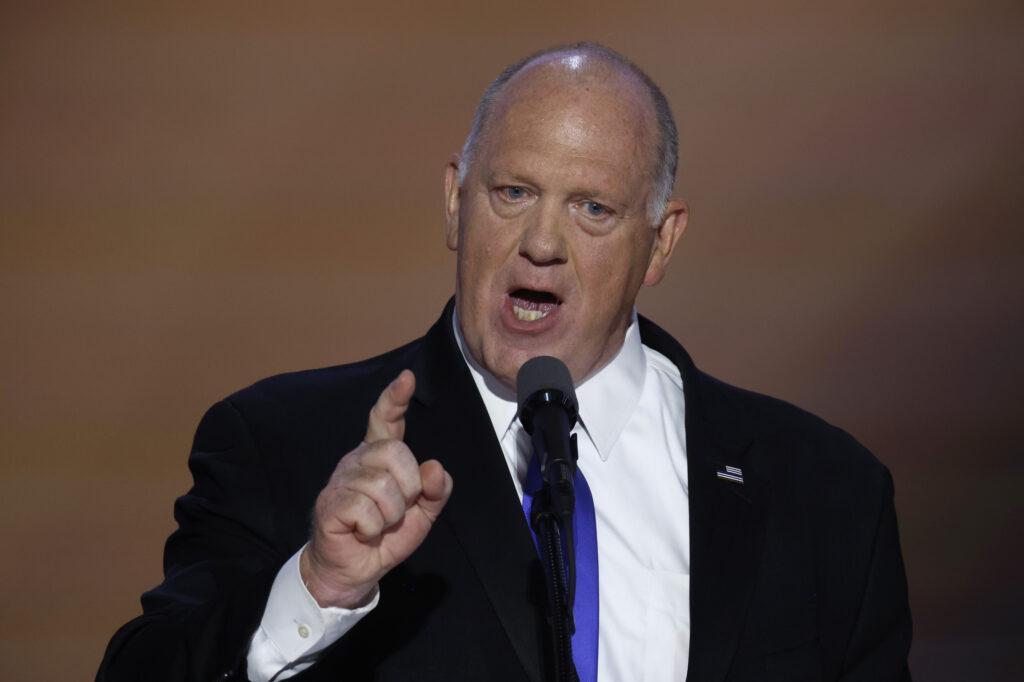Commerce begins beta tests of space traffic coordination system

Top Stories Tamfitronics

WASHINGTON — The Office of Space Commerce has started beta tests of its new space traffic coordination system, providing conjunction notices to a handful of operators.
The Office of Space Commerce, part of the National Oceanic and Atmospheric Administration (NOAA) within the Department of Commerce, announced Sept. 30 the beginning of phase 1.0 of its Traffic Coordination System for Space (TraCSS), the civil space traffic coordination system that will ultimately take over for the Defense Department.
Nine satellite operators are involved in this initial phase of TraCSS: The Aerospace Corporation, Eutelsat OneWeb, Georgia Tech, Intelsat, Iridium, Maxar, NOAA, Planet and Telesat. Those organizations operate between a handful of satellites to, in the case of OneWeb and Planet, several hundred, and in orbits from LEO to GEO. About 1,000 satellites overall are included in this phase of TraCSS.
Each of the operators will receive conjunction data messages, notices of potential close approaches of these satellites with other objects, every four hours. Those operators will provide feedback on the service that will be incorporated into later phases of TraCSS.
“The operators that are working with this know that this is not operational data yet. This is not data that they should be relying on for safety services yet,” said Rich DalBello, director of the Office of Space Commerce, at a conference earlier this month. “They’ll be able to get comfortable with the processes and see the quality of data and make their own assessments about that.”
The office is embracing what it calls an agile development approach, often used in software development, deploying first a “minimum viable product” and then incorporating new features and bug fixes at a rapid cadence. For TraCSS, that involves quarterly upgrades through next September, when phase 1.4 of the system finalizes the main features of TraCSS and includes a “presentation layer” and public website.
TraCSS is currently relying on space situational awareness (SSA) data from the DoD but will later augment that with data from commercial and international sources. The office recently completed a “consolidated pathfinder” project to evaluate the quality and costs of commercial data providers.
DalBello, speaking at the AMOS Conference in Hawaii Sept. 20, said the office will provide details on the outcomes of the consolidated pathfinder at the International Astronautical Congress in October. “Spoiler alert: they were good,” he said.
TraCSS will ultimately replace Space-Track, the service currently provided by the Defense Department. DalBello said earlier this month that the transition from Space-Track to TraCSS should be complete by the end of 2025, but it will be up to the DoD to determine when it will shut down Space-Track.
While there is still significant work ahead for TraCSS, getting to the phase 1.0 beta test is a major milestone for the program, which traces its roots back to Space Policy Directive 3 in 2018. That policy instructed the Commerce Department to take over civil space traffic management responsibilities from the Defense Department, allowing the DoD to focus its resources on capabilities like space domain awareness that are specific to national security space operations.
John Hill, performing the duties of associate secretary of defense for space policy, said in a statement that Commerce and Defense were working “side-by-side” to implement TraCSS and make that eventual transition for civil space traffic coordination services. The Defense Department, he noted, will continue to provide those services during that transition period.
“Transitioning the spaceflight safety SSA responsibilities to DoC, a civil agency, will improve support to these users and allow DoD to focus its resources on core defense missions,” he said.
“TraCSS is a testament to U.S. leadership in safe and sustainable space commerce,” said Don Graves, deputy secretary of commerce, in the statement. “The Department of Commerce is building this system in close cooperation with industry partners to harness and promote commercial innovation in space. Together, we are helping to ensure the safe and sustainable growth of the space economy.”

Jeff Foust writes about space policy, commercial space, and related topics for SpaceNews.He earned a Ph.D. in planetary sciences from the Massachusetts Institute of Technology and a bachelor’s degree with honors in geophysics and planetary science…More by Jeff Foust
Discover more from Tamfis Nigeria Lmited
Subscribe to get the latest posts sent to your email.



 Hot Deals
Hot Deals Shopfinish
Shopfinish Shop
Shop Appliances
Appliances Babies & Kids
Babies & Kids Best Selling
Best Selling Books
Books Consumer Electronics
Consumer Electronics Furniture
Furniture Home & Kitchen
Home & Kitchen Jewelry
Jewelry Luxury & Beauty
Luxury & Beauty Shoes
Shoes Training & Certifications
Training & Certifications Wears & Clothings
Wears & Clothings
















